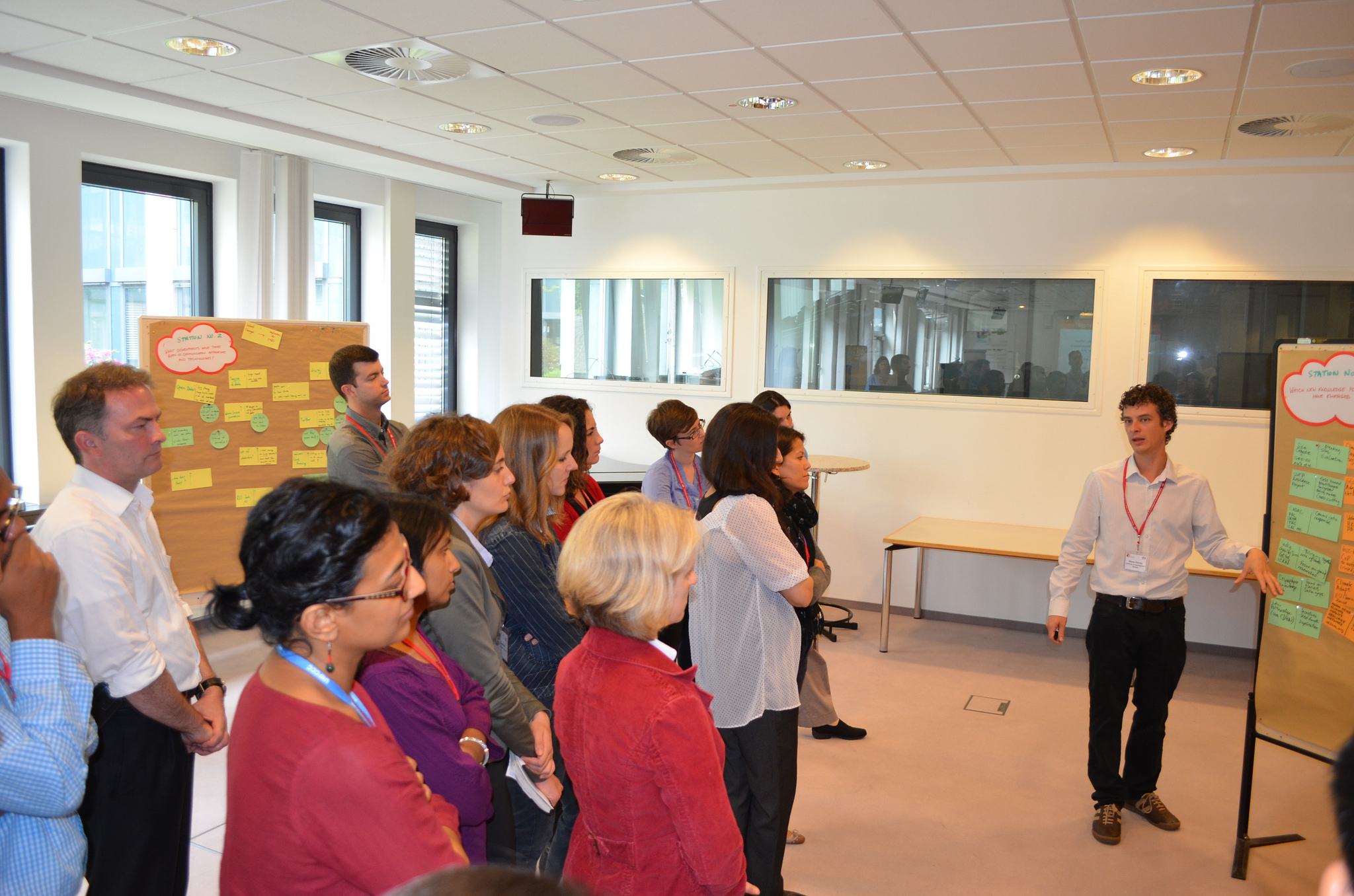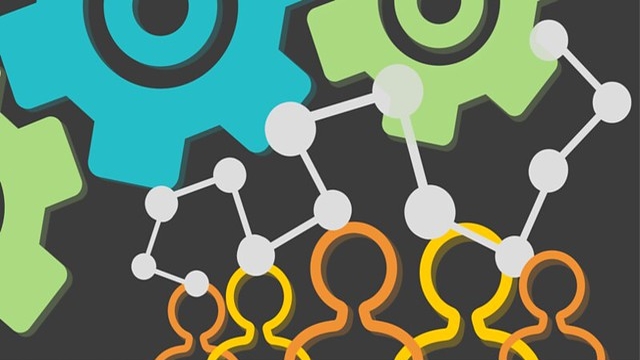
Knowledge brokers: connecting research and practice
Ensuring that research is translated into practical outcomes, and in turn ensuring that research priorities and activities are informed by practitioner experience, is a recognised priority in sectors such as medicine and natural resource management.
A way of achieving this is through the use of “knowledge brokers”. In a review of some of the literature on knowledge brokering1 Morgan Meyer defines knowledge brokers as “people or organizations that move knowledge around and create connections between researchers and their various audiences”. Knowledge brokers have been used in fields such as health, environmental management, and international development.
A 2012 article in Science Careers describes knowledge broker as an emerging profession, and identifies key attributes needed for success. A science background is seen as helpful, and the knowledge broker needs to be able to identify good sources of information, critically analyze evidence, communicate science to different audiences, and relate to people with a broad range of backgrounds. Event planning and management expertise is also desirable because events are a key activity in which knowledge brokers engage.
In his review, Meyer puts forward his thoughts on how the practice of brokering can be theorized. He argues that “social scientists need to analyze more thoroughly [knowledge broker] practices, the brokering devices they use, and the benefits and drawbacks of their double peripherality”. This double peripherality comes from being partially connected to the two worlds they bridge, with potential costs from being marginal to multiple worlds.
A Canadian study2 further explores some of these issues, stating that:
Empirical data on the processes underlying knowledge brokering (KB) interventions, including their determining factors and effects, remain scarce. Furthermore, these interventions are rarely built on explicit theoretical foundations, making their critical analysis difficult, even a posteriori. For these reasons, it appeared relevant to revisit the results of a qualitative evaluation undertaken in the province of Quebec in parallel with a Canada-wide randomized controlled trial (RCT) evaluating various KB strategies in public health. This paper looks critically at the theoretical foundations of the KB interventions in light of two conceptual models: (1) the dissemination model underlying the KB interventions used in the Canadian trial and (2) a systemic KB model developed later. This critical analysis sheds light on the processes involved in KB interventions and the factors influencing their implementation and effects. The conclusions of the critical analysis are consistent with the systemic model, in which interpersonal contact is an essential condition for effective KB interventions.
The systemic KB model encompasses three interdependent subsystems and fosters the development of prerequisite conditions for knowledge use. The subsystems are the knowledge synthesis and translation system, support system, and delivery system.
In an opinion piece about knowledge sharing in agriculture, Benjamin Kwasi Addom expresses concern that many intermediaries have emerged to fill widening knowledge gaps in agricultural extension services. He cautions that these intermediaries mostly duplicate each other’s work, with farmers then overburdened. He argues that donors and governments must insist projects form efficient partnerships, with knowledge networks needed and not just independent knowledge brokers.
Image source: Feeding back discussion boards at Climate Knowledge Brokers Workshop by Climate & Development Knowledge Network is licenced by CC BY-NC 2.0.
References:
- Meyer, M. (2010). The Rise of the Knowledge Broker. Science Communication, 32(1), 118-127. ↩
- Dagenais, C., Laurendeau, M. C., & Briand-Lamarche, M. (2015). Knowledge brokering in public health: a critical analysis of the results of a qualitative evaluation. Evaluation and program planning, 53, 10-17. ↩
Also published on Medium.






